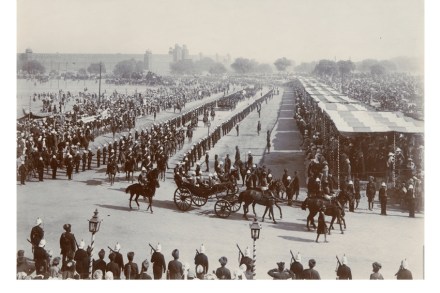The greatest show on earth | 10 December 2011
More from BooksJessica Douglas-Home’s aptly titled book is based on the diaries of her grandmother Lilah Wingfield, who attended the Delhi Durbar in 1911 and then spent some weeks touring India. It is a glimpse of Empire from a privileged position since Lilah was the daughter of a viscount and the grand-daughter of an earl, brought up










